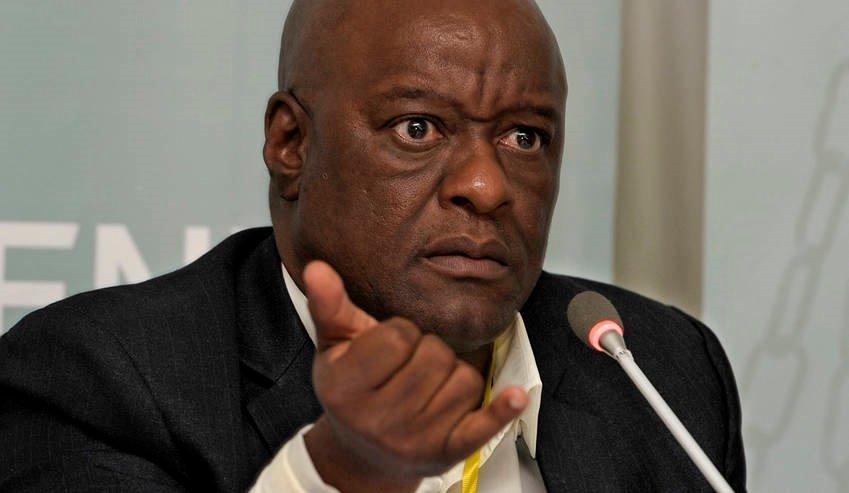Africa-Press – South-Africa. The former head of the Gauteng health department says the death of mental health patients who were moved from Life Esidimeni facilities was a painful period in his life.
Dr Tiego “Barney” Selebano is under cross-examination at the Life Esidimeni inquest at the Gauteng High Court in Pretoria.
The inquest is tasked with establishing whether anyone can be held criminally liable for the patients’ deaths.
On Tuesday, Selebano was questioned on his 2017 apology to the families of more than 100 patients who died when they were moved to NGOs. He made the apology during the Life Esidimeni arbitration led by retired Deputy Chief Justice Dikgang Moseneke five years ago.
He told the inquest that it was important for him as a leader to take responsibility for both good and bad things that happened in the department.
Selebano said:
Advocate Phyllis Vorster asked Selebano during cross-examination what had happened under his watch.
“Under my watch, we learnt that in August that patients who had been moved to NGOs passed away. I didn’t even know the actual facts then. For the whole year, I have been sitting and listening [to the inquest]. Do I have more knowledge now of exactly what I think happened?, Yes, I do. It doesn’t matter; my apology still stands.”
Why contract was cancelled
Selebano said one of the reasons the contract with Life Esidimeni was cancelled was financial.
“The reason Life Esidimeni was chosen was we were unable to pay Life Health. It was difficult to pay the monthly bill. We didn’t have the money to pay from time to time. It was not only them, but a number of entities. We were not paying Selby [hospital] well; we were not paying a lot of entities.”
He said the department was also concerned about the long-term contract with the hospital group.
“We were looking for a process where it was an evergreen contract. It had been there for quite some time.”
Selebano also testified that the project was approved by the Gauteng cabinet, which was chaired by Premier David Makhura.
Asked whether the project was a success, he said: “At a technical level, that patients are moved from point A to point B, that happened. Once the society doesn’t like what happened, it fails the project.”
The inquest continues.
For More News And Analysis About South-Africa Follow Africa-Press






